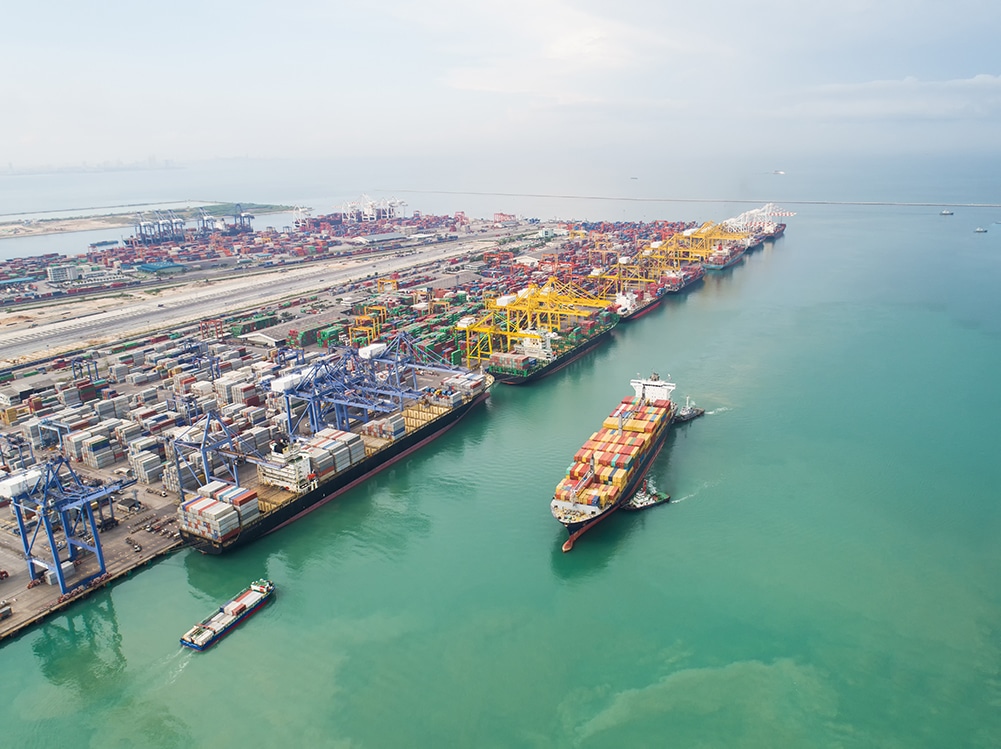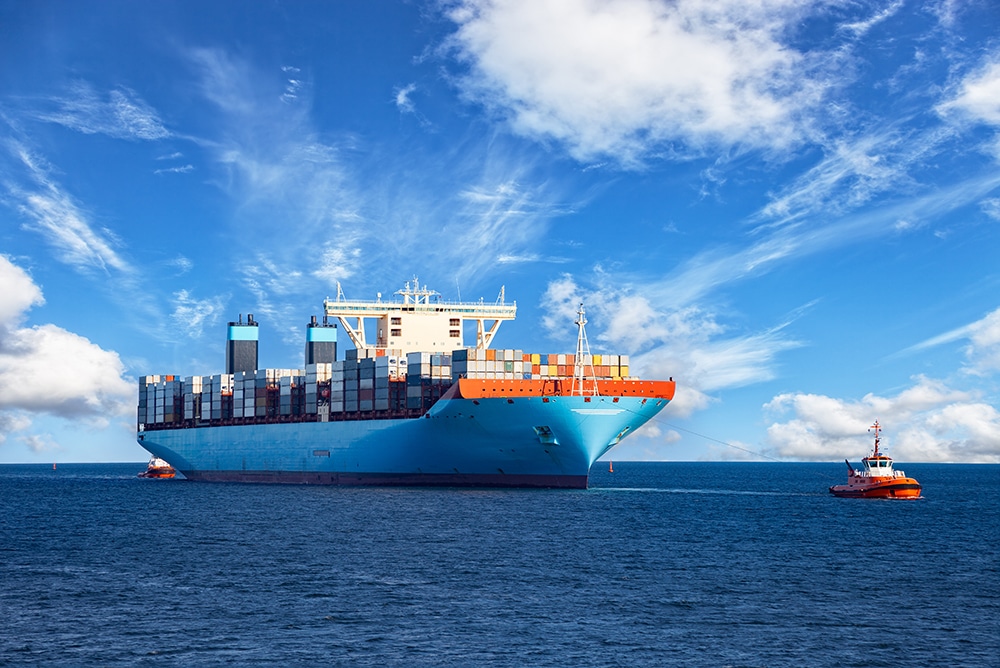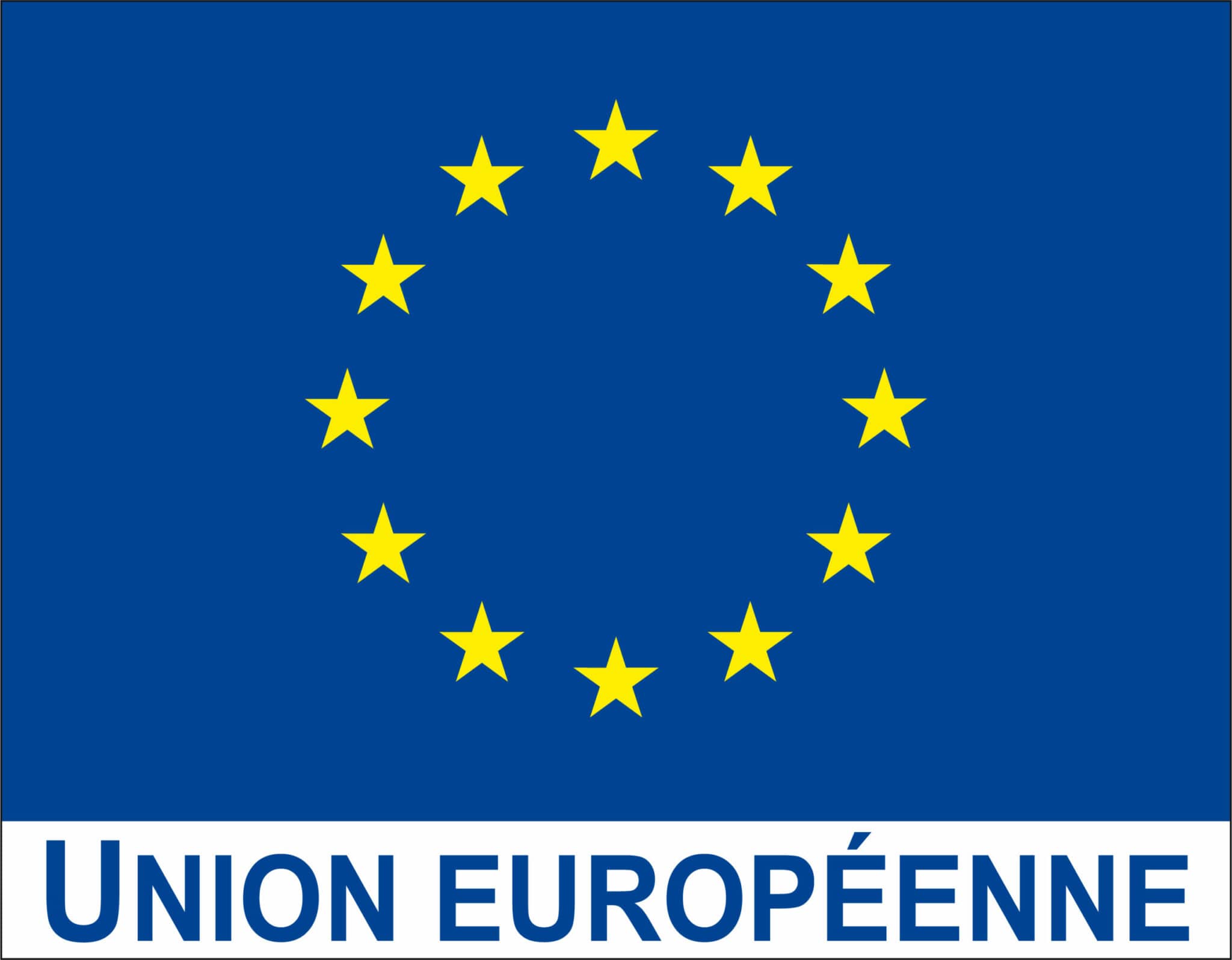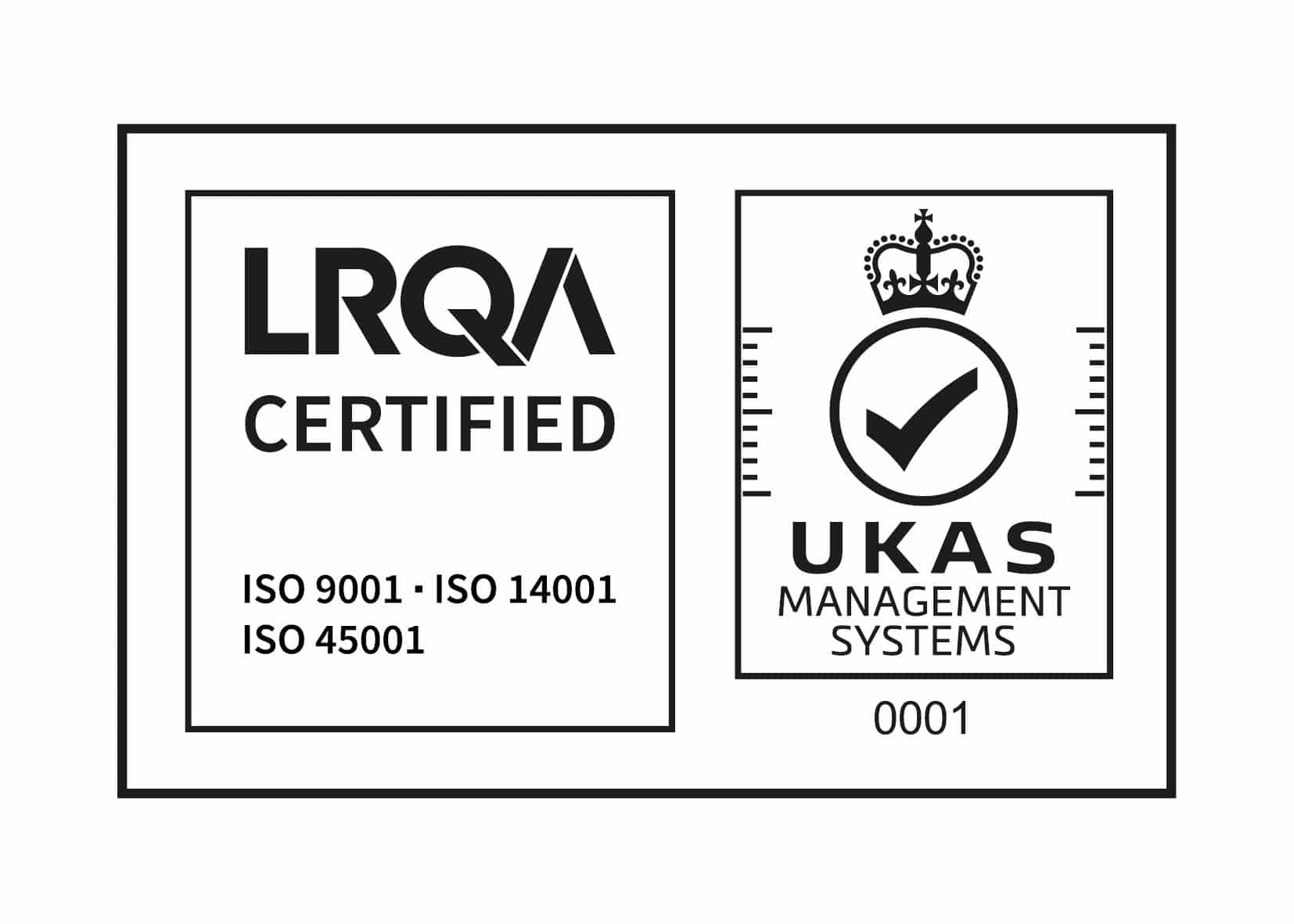
How AI Helps Fight Climate Change
Climate change is a pressing issue, and we need to act together to find solutions to reduce greenhouse gas emissions and prevent further harm to our climate and oceans. Thankfully, AI has the ability to help humans discover new solutions by using advanced data processing.





